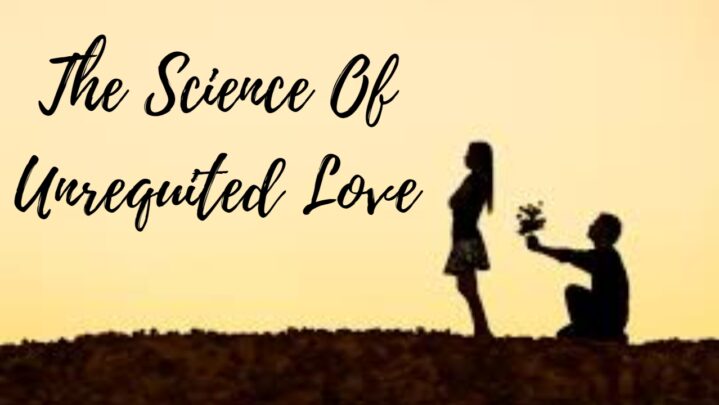Recent studies have offered some insight into the neurological and hormonal mechanisms behind unrequited love. When a person thinks about the object of their devotion, the brain’s reward areas, such as the ventral striatum, are active. This is comparable to how people react when they engage in other enjoyable activities, such as eating or having sex. Unrequited love has also been linked to heightened activity in the brain’s pain regions, suggesting that this feeling can be connected with severe emotional distress.
Unrequited love has also been linked to hormonal changes. When someone is in love, the brain produces a large amount of the hormone oxytocin. Oxytocin has been shown to boost attachment, trust, and social bonding. If a person’s sentiments of love are not returned, their oxytocin levels may drop, contributing to feelings of melancholy and hopelessness.
There are various hypotheses as to why people experience unrequited love. Some scholars feel it has nothing to do with evolution. Unrequited love may have been helpful to humans in the past since it allowed people to pursue possible mates who were already in relationships. This may have increased their chances of starting a connection.
Also Read: Pursuing One’s Hobbies And Interests





